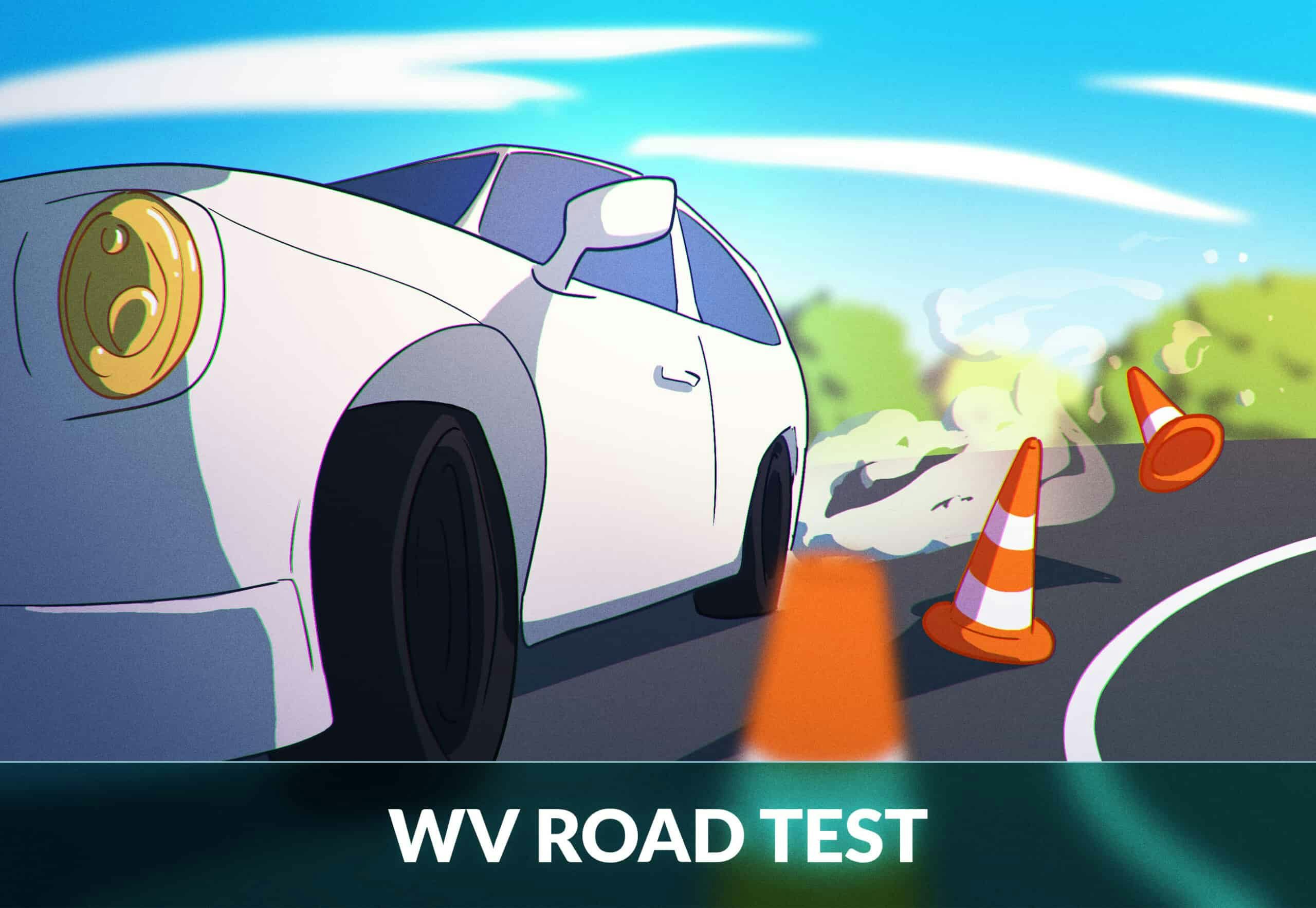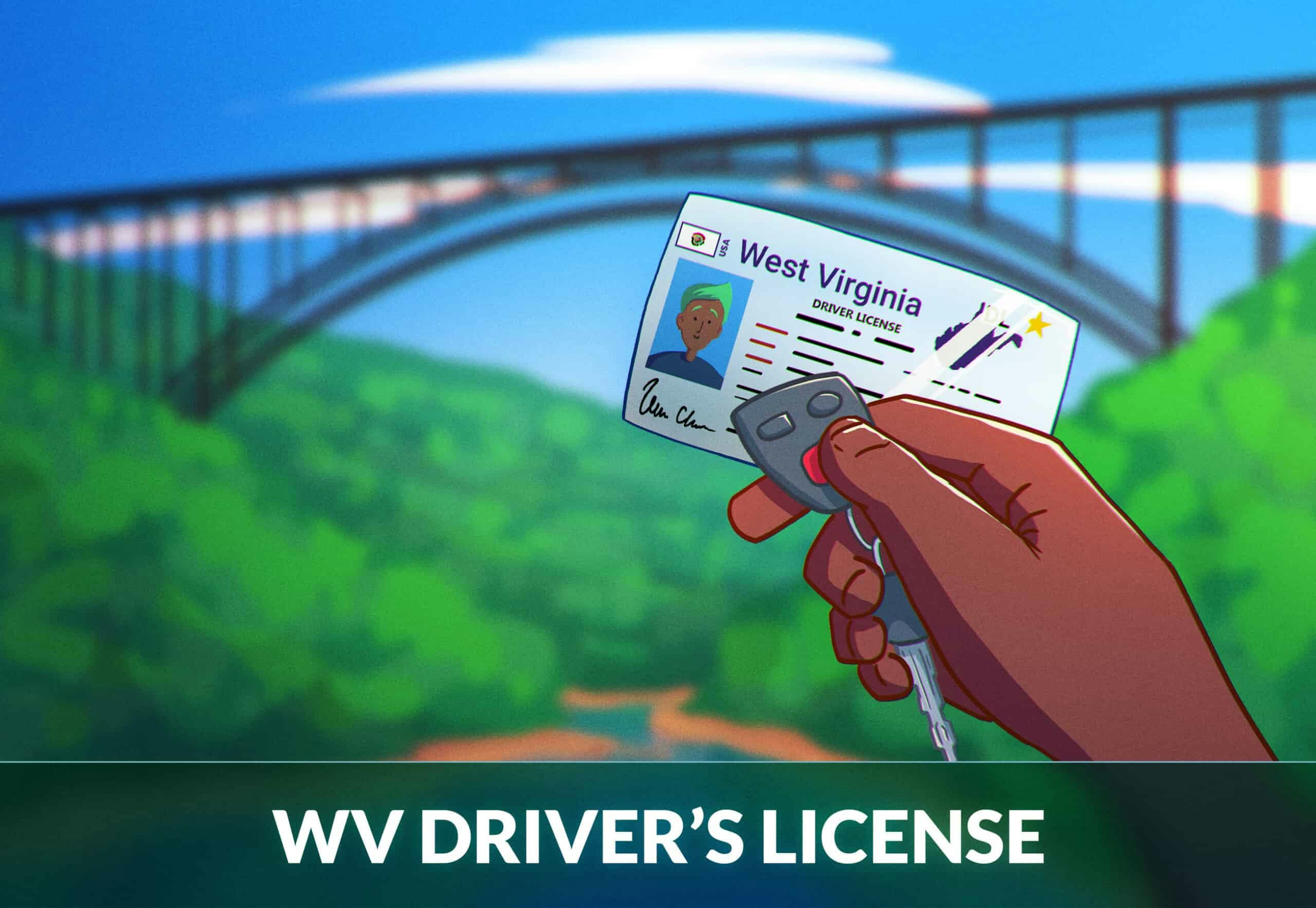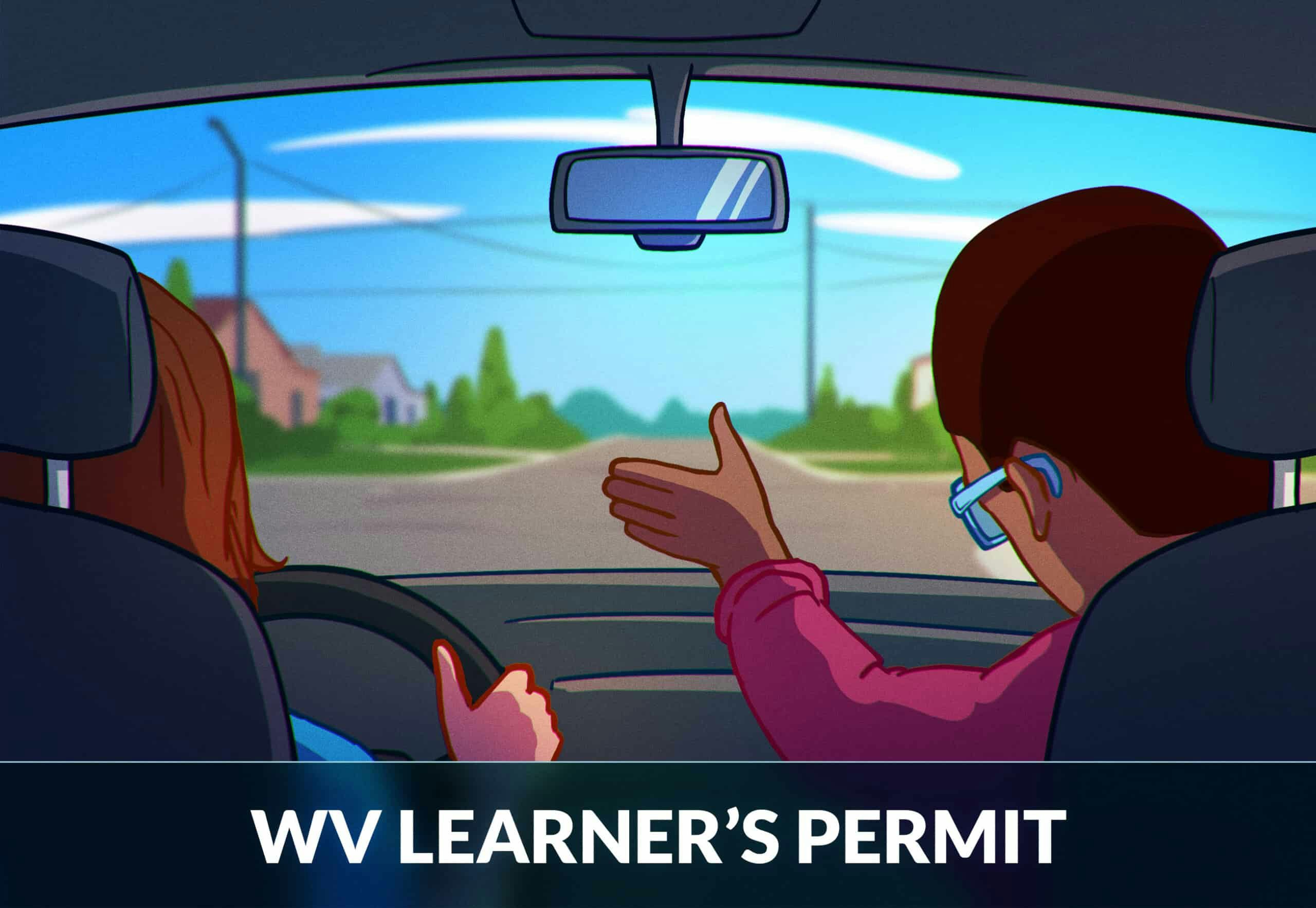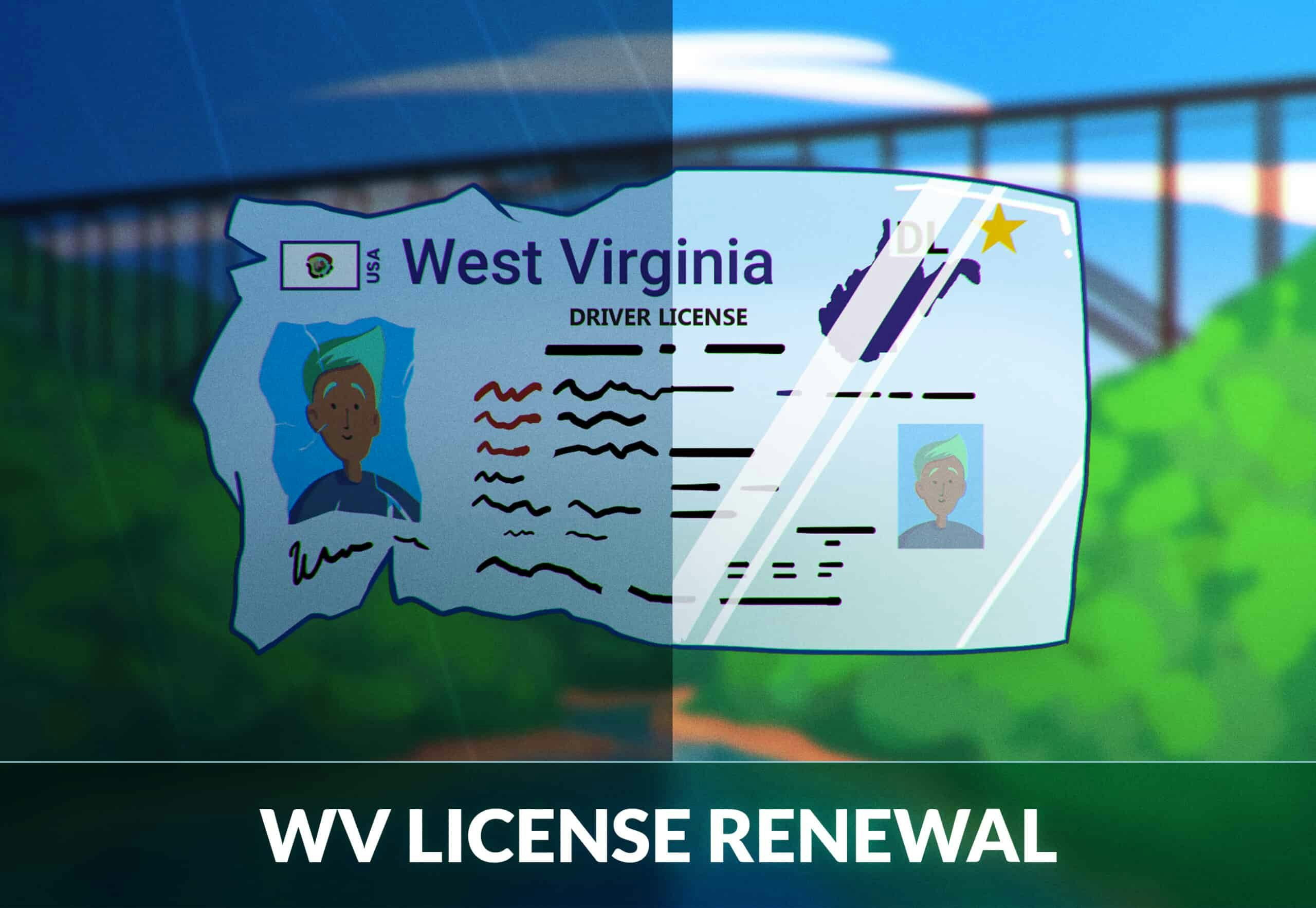
How to Pass the West Virginia Road Test: A Complete Guide
Having a driver’s license means a lot of freedom–but it also means many responsibilities. One of the ways that West Virginia ensures that new drivers are ready to take on this responsibility is by requiring them to pass a driving skills test. Passing not only indicates that you’re a safe driver, but also that you are organized enough to complete all the prerequisites and to practice the needed skills.
You may be a bit nervous about taking your test, but, if you do a good job preparing, there’s nothing to worry about. In this guide, you can find all the information you’ll need to know to successfully pass your West Virginia road test.
West Virginia Road Test Requirements
Teenagers learning to drive in the state are required to complete a graduated driver’s license program. You’ll take your road skills test when you’re transitioning from an instruction permit to an intermediate license. Make sure that you’ve completed all the requirements by checking out the lists below.
Under age 18 requirements:
- You’ve gotten an instruction permit at a DMV.
- After turning 15, you’ve gotten permission from a parent/guardian.
- You’ve studied the Driver’s Manual in preparation for the written knowledge test.
- You’ve brought the correct documents.
- You’ve passed the knowledge and vision tests and gotten your permit.
- You’ve practiced driving under the supervision of a licensed adult for at least 50 hours, or you’ve completed a driver’s education program.
- You’ve kept a clean driving record for the 180 days preceding your road test.
- You’ve reached the minimum age of 16.
Age 18 and over requirements:
- You’ve gotten an instruction permit at a DMV.
- You’ve studied the Driver’s Manual in preparation for the written knowledge test.
- You’ve brought the correct documents.
- You’ve passed the knowledge and vision tests and gotten your permit.
- You’ve had your permit for at least 30 days.
You can schedule your West Virginia road test here if you satisfy all of the requirements.
On the Day of Your West Virginia Road Test
Nothing is more stressful than scrambling around an hour before your appointment trying to find an essential document. Make sure that you’re ready by checking that your vehicle is ready and collecting all the documents you’ll need.
You’ll also want to make sure that you’re completely comfortable performing all the driving maneuvers you may be asked to perform during the road test.
What Should You Bring to the DMV?
You’ll have to present a number of documents to your examiner just before you take your road test. Make sure that you have the following items with you:
- Proof of social security number.
- Proof of identity
- Two proofs of residency.
- School Driver Eligibility Certificate, if under 18.
- License application.
- Fees.
- Proof of registration and insurance for your vehicle.
Vehicle Requirements
The driving test will be taken in a vehicle you provide. You will be required to locate and properly use various functions of your vehicle at the start of the test. This shows that you have a sufficient knowledge of how to use your vehicle controls and, at the same time, it shows that they are working well.
Here is a checklist of things you should check before heading to the DMV, and you should also practice using them:
- Headlights (both high and low beams).
- Turn signals, hazard lights, back-up lights, license plate light, brake lights, headlights and tail lights.
- Heater and defroster.
- Foot brake and parking or emergency brake.
- Exhaust system.
- Windshield, windshield wipers, and windows.
- Tires.
- Horn.
- Seat belt.
Additionally, your vehicle should be properly registered and insured, as mentioned above. Make sure that you have a current license plate, registration card, and a valid inspection sticker.
What’s Tested on the Driving Test in West Virginia?
Once you’ve completed all the preliminaries, such as presenting your documents and completing your vehicle check, you’ll begin the actual driving section of the road test. An examiner will ride in the front passenger seat of your vehicle and give you instructions. You’ll drive along a testing route that involves a variety of driving situations, and your examiner will observe your driving skills.
You’ll be tested on general driving ability as well as a number of closed course driving maneuvers. Be sure to practice these maneuvers before your test:
- Parallel parking.
- Forward and reverse two-point turnabout.
- Three point turnabout.
Additionally, you’ll want to have an overall good driving technique. Work on developing good habits anytime you’re behind the wheel. Below you’ll find an overview of some of the most important driving habits that you should be practicing:
- Turns: Check traffic, activate the proper turn signal at the right moment, and slow down as you approach the turn. Stop if you need to. Make the turn smoothly when it’s safe and make sure that your turn signal has cancelled after the turn is complete.
- Intersections: Pay attention to signs and signals and obey them. If you need to stop, stop smoothly and before you reach the stop line. Stay in your lane. Check traffic before proceeding through the intersection.
- Lane changes: Use your turn signal and make a head check. When it’s safe to do so, move over smoothly and deliberately into the new lane.
- Braking: Brake smoothly and evenly. You should be able to brake suddenly if it’s necessary.
- Steering: Keep both hands on the steering wheel at all times. Don’t palm the wheel when turning.
What Errors Can Make You Fail Your Road Test?
You’ll fail your driving test if you make too many minor errors; these include forgetting to signal or failing to make a head check. Also, if you make one major error, you will automatically fail your test.
The following are counted as major errors on the road test in West Virginia:
- You don’t use your seat belt.
- You don’t wear glasses/contacts if you need them.
- You use a communication device.
- You get a traffic citation.
- You don’t yield right-of-way to other vehicles or pedestrians.
- You’re involved in an avoidable accident or you bump into a pedestrian, vehicle, curb, or any other object.
- Your examiner must take control to avoid an accident.
- You refuse to perform any driving maneuver.
- You refuse to cooperate with your examiner.
That’s It!
That’s everything you need to know about passing the West Virginia road test. We hope this guide has helped you out, and that you now feel comfortable with the steps moving forward. If you need any help studying for your upcoming exams, then Zutobi is the perfect study guide with online practice tests, a summarized handbook, and practical driving tips that will help you immensely during the actual road exam.

Avoid beginner mistakes with expert advice
Build road test confidence and reduce anxiety
Make at-home lessons a success with our parent guide
Recommended articles
Country
Ace your DMV test, guaranteed


